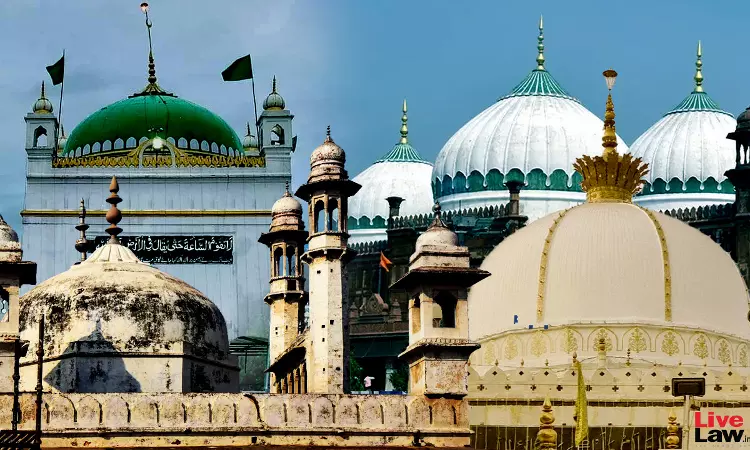Beyond Gyanvapi, Mathura & Sambhal : A Look At Cases Pending Against Masjids/Dargahs
Debby Jain
3 Dec 2024 10:01 AM IST

Next Story
3 Dec 2024 10:01 AM IST
Legal disputes over religious places of worship deepen communal polarization, as shown by the recent survey order against a 16th-century mosque in Sambhal, which triggered violence killing four persons.Even so, almost a dozen of such cases are pending before different courts in India, disputing the character of religious places, despite the protection offered by the Places of Worship...
